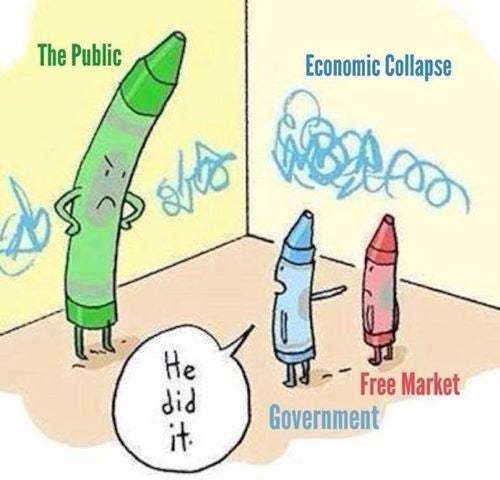By Tanya Chandra, Founder, LexQuest Foundation.
At LexQuest, we have come to believe that thus far, our most well received articles are the ones which are purely legal in nature, and delve deeper into various facets of a certain aspect of law alone. Now, we know fully well that the dearth of good legal literature has always been an issue. So, if our law centric pieces serve as the means to make this landscape even slightly better, through the much needed ingenuity of a legal write-up, we are glad to be of use.
However, when it comes to the law and policy interface, where we set out to spread awareness in the space of policy implications of a law and/or vice versa, people aren’t too enthusiastic about this knowledge base.I believe that the interface between law and policy is something we all often misconstrue or only understand in fractional terms. However, if we dig a little deeper, as a matter of fact, any policy can only come to fruition, when laws are in place for the same. Therefore it’s not that “good policy” alone can define the interlink between law and policy, because our most effective policies along with the most ill-conceived ones, originate only through our laws. (Think DBT Schemes vis-a-vis the idea of Welfare State, think Aadhar vis-a-vis Right to Privacy, think Swachha Bharat vis-a-vis Right to Life, think Social Security Schemes vis-a-vis the Preamble, et al.).
I wonder, if and when the aforementioned occurs as the most obvious fact and/or revelation to one and all, why the ignorance and apathy towards making room for this interface? Which section of our people is duty bound to understand, analyse and question the policies that serve as a crucial medium for us to assess the legislators’ intentions and abilities? Do the Legal Professionals deem such information invaluable as they don’t often need it at work? Does our reluctance spring from the belief that such interface is the breeding ground for mud-slinging and hence an utter waste of time?
Either way I think we are selling ourselves short here. If you believe that dwelling upon this space for any longer than what can afford you a Social Media comment/like, is unnecessary, I would say let’s rewind and play. Probably your Sixth grade Civics book amazed you a bit more than that, when you were told for the first time (out and about by your teacher) that India is the largest democracy in the world and that our Republic’s reputation for “free and fair” elections is a case study for many.
May be remembering that gawky eyed child, could reinvigorate the adult in you so, that the next time you want to shrug off a well intended piece of writing in the domain of law and policy, you would instead find a reason to pause and ponder. Because, even as the vox populi turns questionable, voices need not vanish.

